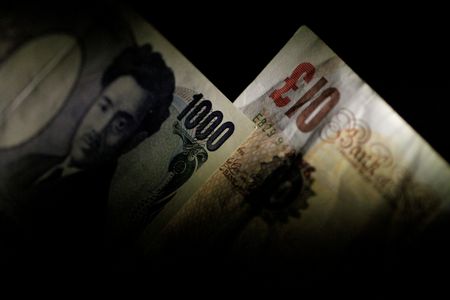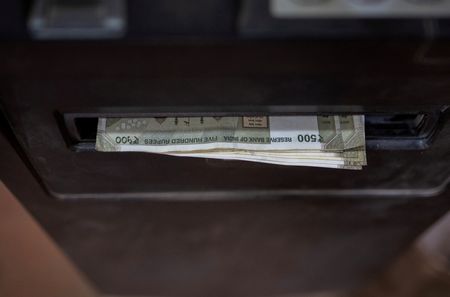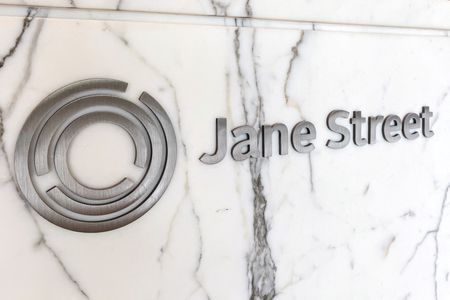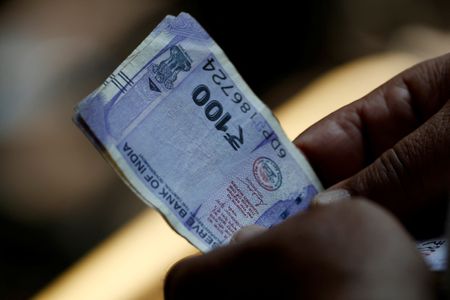By Rae Wee and Joice Alves
SINGAPORE/LONDON (Reuters) -The British pound and the yen continued to fall on Wednesday, as investors worried about the health of government finances globally and political uncertainty in Japan.
Traders have been selling long-dated government bonds in Europe and the U.S. since Tuesday as focus once again shifted to rising debt levels across major economies, rekindling fears that governments around the world are losing their grip over fiscal deficits. The activity spilled over into Japan on Wednesday.
In the gilt market, Britain’s 30-year borrowing costs rose to their highest levels since 1998, which also left sterling vulnerable as it tumbled more than 1% on Tuesday. The pound last traded 0.07% lower at $1.3385.
“I think part of the concern is that there’s an autumn statement or a budget that’s coming up,” said Ray Attrill, head of FX research at National Australia Bank.
“I think at this stage, there’s a lack of confidence in markets that the government is willing to address effectively the scale of the budget deficit and the speed of debt buildup.”
In Japan, the yen was down 0.2% at 148.65 per dollar, having slid 0.8% on Tuesday after the Japanese ruling party’s Secretary-General Hiroshi Moriyama, a close aide to Prime Minister Shigeru Ishiba, said he intended to resign from his post.
That could potentially affect the fate of Ishiba, who has resisted calls to quit over an election loss.
“On the surface, political uncertainty, and the possibility that Prime Minister Shigeru Ishiba might resign in the coming days or weeks, is having a debilitating impact on the yen,” said Kit Juckes, Societe Generale’s chief global FX strategist.
Sanae Takaichi, one of the leading contenders to replace Ishiba, is known for favouring low domestic interest rates.
The yen hardly reacted to comments from Bank of Japan Governor Kazuo Ueda, who said he discussed various topics on the economy and markets, including foreign exchange rate moves, in a meeting with Ishiba on Wednesday.
Meanwhile, the dollar edged 0.1% lower at 98.30 against a basket of currencies, having gained 0.66% on Tuesday.
The euro was up 0.1% at $1.1651, after falling 0.6% on Tuesday.
A survey showed on Wednesday that the euro zone economy kept expanding at a snail’s pace in August as weaker services growth offset improved manufacturing output.
Investors also had their eye on a slew of U.S. labour market data due this week, headlined by Friday’s nonfarm payrolls report for more clues on rate cut trajectories.
(Reporting by Rae Wee in Singapore and Joice Alves in London; Editing by Alex Richardson)











